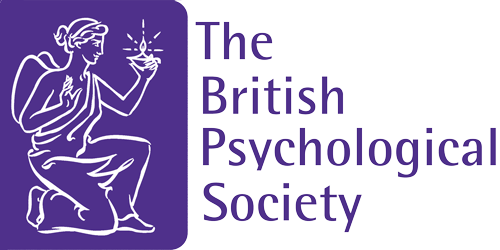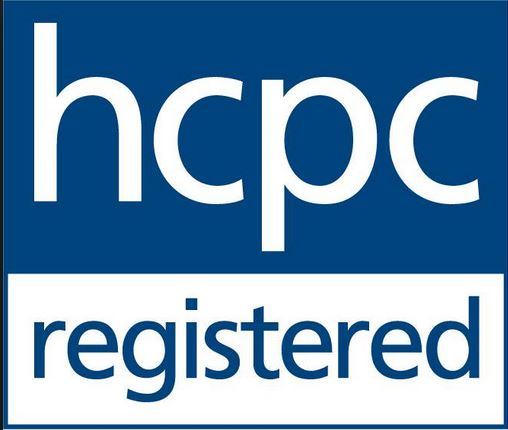What are the fees?
Terms and conditions will be sent when free 15-minute consultation appointment is made. This includes information on services, cancelling appointments and how to make payments.
What is the difference between a Clinical Psychologist, Counsellor and Psychiatrist?
A Clinical Psychologist is a psychological therapist who has completed both an undergraduate degree in psychology as well as a doctorate in Clinical Psychology. In order to practice a Clinical Psychologist must be registered with the Health Care Professions Council (HCPC), and adhere to their guidance around ethics, professional safe practice and continuous professional development. “Clinical Psychologist” is a protected title and can be only used by those who meet the academic criteria, receive regular clinical supervision and are maintaining the criteria for registration. Clinical Psychologists are highly trained in a number of different psychological approaches and are able to integrate these methods to deliver individually tailored therapy to meet a client’s needs.
A Psychiatrist is a medically qualified doctor who has chosen to specialise in Psychiatry. This means they can diagnose mental health problems, prescribe medication as well as recommend other forms of treatment.
A Counsellor is trained to give guidance on personal or psychological problems. Counselling generally deals with immediate and practical issues like processing anger or grief, developing interpersonal or communication skills, or helping to make personal or professional decisions. The main difference between psychologist and counsellor is that psychologists tend to work more with people with complex mental illnesses when compared to counsellors.
Why would someone see a Psychologist?
There is no ‘right’ reason for seeking psychological therapy. Many chose to seek a psychologist to cope with a difficult life event or difficulties in a certain area of life. Life issues could include bereavement, relationship difficulties, domestic violence or the aftereffects of childhood abuse, while mental health problems could include eating disorders, post-traumatic stress disorder or psychosis. Some have noticed that their life involves patterns of behaviour or relationship difficulties. Others feel lost, confused or are struggling with their sense of identity.
Some people want to learn about themselves and describe deciding to engage in a process of personal growth. We are all shaped by our experiences and can learn to understand, accept or change things about ourselves.
Therapy is a safe place you can come to learn more about the challenges you are facing. Therapy can be used to identify patterns of behaviour, thinking or coping which are not working for you. Therapy is also about learning new skills and tools to help you form new, more helpful patterns. It is worth noting that therapy is a collaborative process. You will be working alongside your Clinical Psychologist and will be required to put things into practice within your day-to-day life, in order to see change.
What happens in a therapy session?
Therapy sessions are 50 minutes long and held in confidential space. The process of therapy involves three stages; assessment, formulation, treatment.
1) In the assessment phase we will gather further information to help us build a picture of your current situation. It will involve asking you questions and to describe the main issues from your perspective. The assessment phase is usually completed in 1-2 therapy sessions.
2) During this phase the formulation is a shared. This is an understanding of the presenting issues. We apply psychological models to your situation to understand the factors which have led to the difficulties as well as the factors which are maintaining them. The formulation is used as the “map” to guide treatment – if we have a clear understanding of your individual situation, we can tailor your treatment to fit you as an individual. Formulation is usually completed in one therapy session.
3) The treatment stage is where you to set your personal goals. Evidence based psychological therapy is used to help you move towards these goals which may involve skills building. This may benefit from being practiced or implemented into your everyday life. The number of treatment sessions varies person to person and this would be discussed in sessions.
Where does therapy take place?
I offer both on-line and face to face therapy sessions. Face to face therapy is held at Sunrise Wellbeing Centre, Anstey, Leicestershire, LE7 7DE and Hygge House, Thurmaston, Leicester, LE4 8ED. I do not offer home visits.

